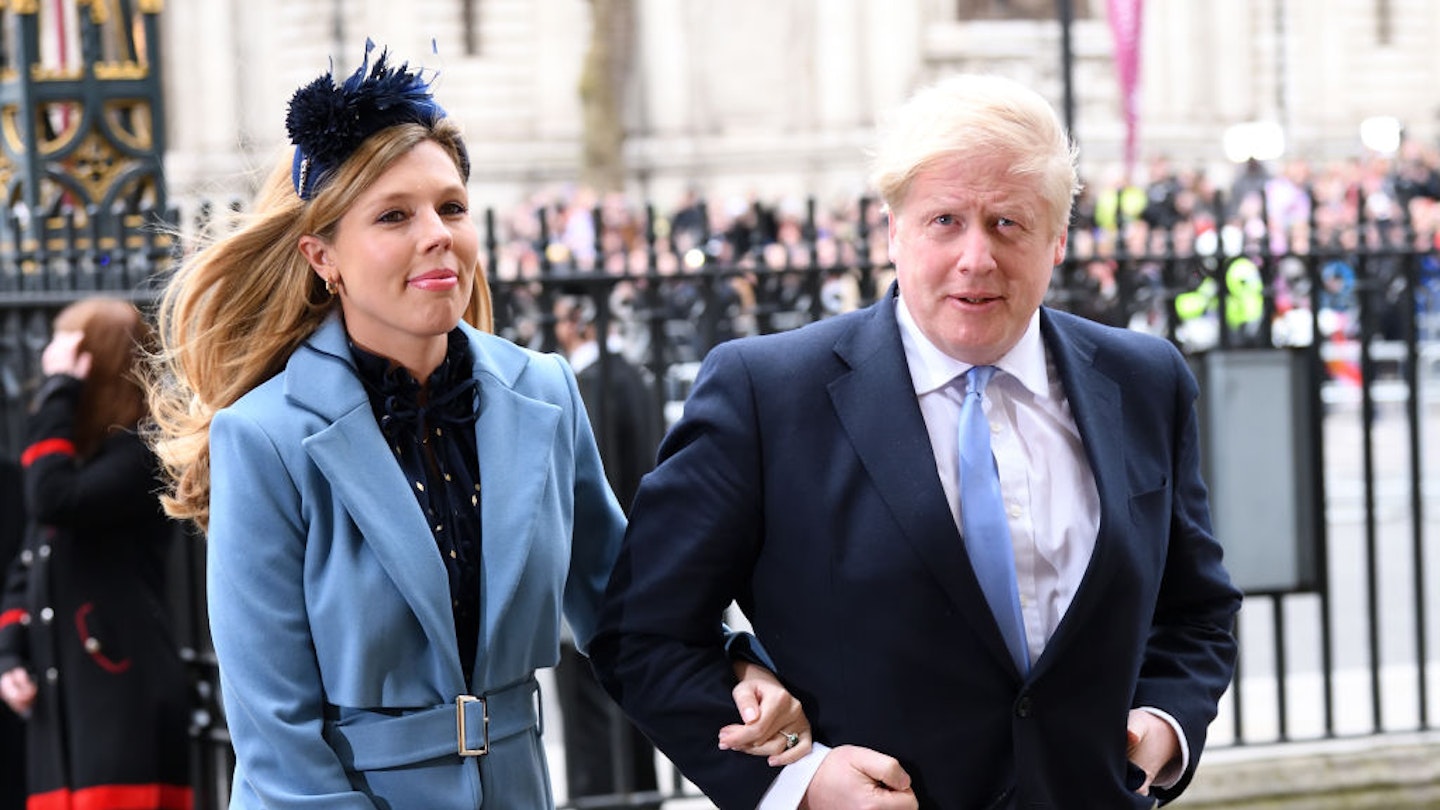For Boris Johnson, the party’s over.
Two and a half years after celebrating a landslide win, Britain's very own Big Dog (as loyalists once dubbed him) is leaving with his tail between his legs. The man who got Brexit done, then presided over more than 175,000 deaths from a virus which nearly killed him too, was finally brought down after it was revealed that he appointed Conservative MP Chris Pincher as deputy chief whip despite being briefed about a sexual misconduct complaint made against him (Pincher denies allegations of misconduct), followed by more than 50 resignations from Tory MPs.
We’ve learnt a lot over the years about how Boris treated the women in his own life, from Jennifer Arcuri – the mistress whose business interests he allegedly helped boost when he was Mayor of London – to Theresa May, the female prime minister he ousted. But what legacy does the first prime minister in history leave for women voters, who according to the polls turned against him faster than men did?
His government set in train plans to boost prosecutions for rape, re-focussing investigations on suspects instead of on trawling through victims’ phones and life histories, and helped domestic violence survivors seek justice by lifting a six-month time limit on reporting abuse to the police. They outlawed the 'rough sex' defence to murder - exploited by men who strangled their partners to death to claim the women died accidentally in consensual sex games - and toughened laws on so-called revenge porn, making it an offence even to threaten to share nude photographs without consent. They promised to tackle the rough deal women get from unsympathetic doctors, by recruiting a women's health ambassador to push for better treatment of everything from infertility to menopause and mental health, and outlaw the repressive and sexist practice of hymenoplasty (surgically recreating women's hymens to make it look like they're virgins).
[He] leaves an overflowing in tray for his successor and cost-of-living crisis that's disproportionately hitting women - especially women of colour
But after less than three years in office, the man who once promised to build back in a ‘more feminine and gender neutral way’ from covid leaves an overflowing in tray for his successor, Liz Truss, and cost-of-living crisis that’s disproportionately hitting women – especially women of colour. With lower average levels of saving, more caring responsibilities and a greater likelihood of relying on benefits, it’s female voters who have been on the sharp end of tough economic times.
When the pandemic showed just how many jobs could be worked from home, employment minister Mims Davies vowed to consult on making flexible working the default option – only to be undermined by Johnson urging everyone back to the office, declaring that ‘mother nature does not like working from home’. He tried to get a Tory donor to pay for his son Wilfred's nanny, but left it for his successor to do something meaningful about the costs of childcare, an issue on which Grazia is still campaigning. The gender pay gap for women working part-time is rising – although it’s falling for full-timers - and we’ve yet to hear whether companies will be made to report on the ethnicity pay gap that creates a double whammy for Black and minority ethnic women. While he promised money for more street lighting and CCTV after Sarah Everard was murdered at the hands of a serving police officer, Johnson also blocked calls to tackle the root causes of violence against women by making misogyny a hate crime.
His wife Carriemeanwhile modernised the role of prime ministerial spouse, influencing policy on issues from climate change to LGBT equality. But she too got fined over partygate, and drew criticism for mixing business with pleasure by entertaining friends in the Downing Street flat. The new beneficiaries of that infamous gold wallpaper will almost certainly play things much more low key.
